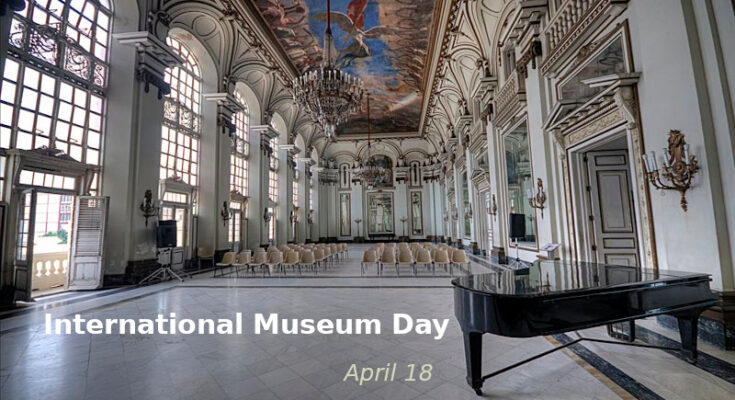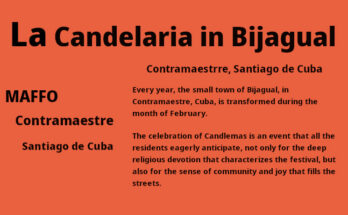In 1982, ICOMOS established April 18 as the International Day for Museums and Sites, and UNESCO adopted it during its 22nd General Conference. Each year, on the occasion of this day, ICOMOS proposes a theme to frame the activities organized by its members, National and International Scientific Committees, partners or anyone who wants to join in the celebration of the Day, and since 1984 the International Day for Monuments and Sites has been celebrated every April 18.
International Museum Day is an ideal date not only to visit local museums, but also to learn about these non-profit organizations, which play the role of guardians of the cultural heritage of humanity.
The preservation of cultural heritage requires a critical examination of the past, just as its practice demands provision for the future. Debates over the omission and erasure of certain narratives, and the privileging of particular histories over others, have come to a head in recent years. Addressing contested histories therefore involves complex conversations, avoiding biased views and interpretations of the past.
International Museum Day and yearly theme
Each year the celebration of this international day has a theme, the 2023 theme is “Heritage in Transformation” offers the opportunity to answer questions about learning about traditional knowledge systems and forms of knowledge in relation to climate action, and about how to use the cultural heritage approach to support equitable protection of vulnerable communities through climate action, while responding to the UN Decade of Action.
In Cuba, the Constitution of the Republic proclaimed on April 10, 2019, provides that among the essential purposes of the State is to protect the natural, historical and cultural heritage of the nation, as well as to ensure the educational, scientific, technical and cultural development of the country, and stipulates, among the foundations of educational, scientific and cultural policy, to defend Cuban identity and culture, and to safeguard the artistic, heritage and historical wealth of the nation, and to protect the nation’s monuments and places notable for their natural beauty or for their recognized artistic or historical value; It also establishes the duty of Cuban citizens to protect the cultural and historical heritage of the country.




